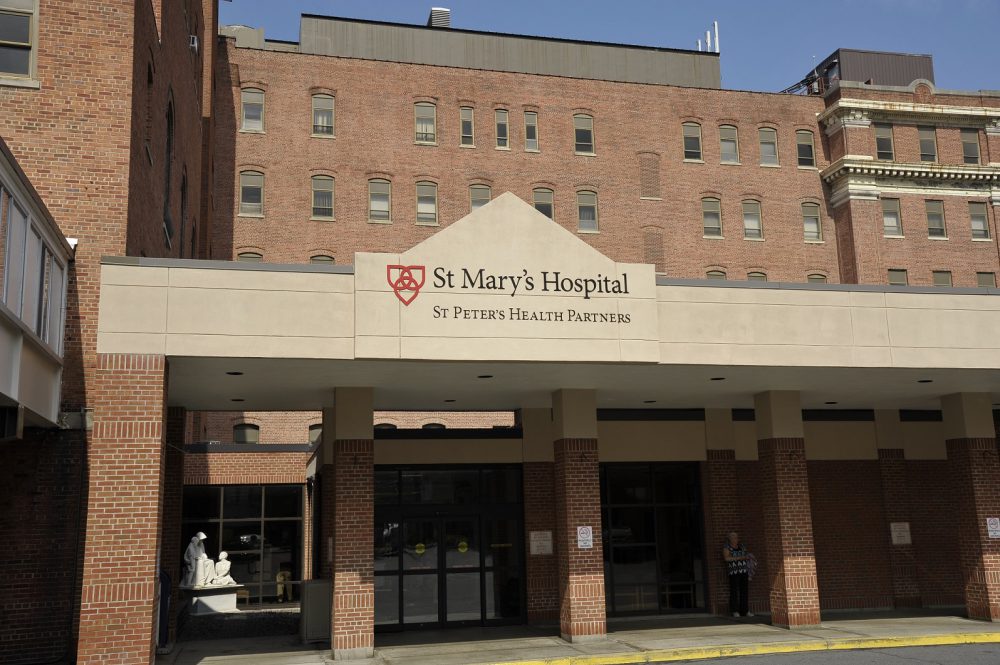
[This story was written by Anne Lawton, BSN, RN, NCTTP, a Nationally Certified Tobacco Treatment Professional and community outreach nurse with St. Peter’s Health Partners.]
According to the Centers for Disease Control and Prevention (CDC) more than one third of adults in the United States are considered obese or overweight and those numbers are even higher in Black and Hispanic communities. Obesity has long been known to increase the risk of type 2 diabetes, heart disease and stroke, but you may be unaware of the association between obesity and cancer.
Thirteen different cancers are related to obesity, according to the CDC. Those include colorectal, gall bladder, esophageal, pancreatic, and prostate cancers, as well as post-menopausal breast, endometrial and ovarian cancers.
The National Institutes of Health recognizes that while other factors can contribute to those cancers, being overweight or obese increases your risk. Obesity causes changes in the body that may lead to cancer, including:
- Being in a constant state of inflammation, which can can cause DNA damage.
- Fat tissue can produce excess amounts of estrogen (hormone) which is related to post-menopausal breast cancer, endometrial and ovarian cancers.
- Increased levels of insulin that may promote the development of cancers such as colon and prostate cancers.
A common myth among cancer patients is sugar feeds cancer. Sugar feeds every cell in your body, including cancer cells. Eating sugar does not directly cause cancer growth and eating less does not curb cancer growth. However, too much sugar can be a major cause of weight gain and – as noted previously – an unhealthy weight or obesity increases your risk for cancer.
Being obese also affects cancer survivorship because of an increased risk of reoccurrence of cancer, most commonly hormone-driven cancers like post-menopausal breast cancer.
Obesity is a complex, chronic condition that requires a coordinated effort from healthcare professionals and community based programs. And while maintaining a healthy weight is an important cancer prevention action, focusing on healthy behaviors at any body size is important.
St. Peter’s Health Partners can help individuals take control of their health through a program that promotes better lifestyle choices with diet, exercise and weight loss. We encourage you to take the CDC’s pre-diabetes self-assessment at www.sphp.com/dpp. If you score a five or greater on the quiz, you are eligible to participate in a FREE virtual diabetes prevention program by St. Peter’s Diabetes & Endocrine Care.
For more information, contact Katie Cameron, MPH, BSW, site coordinator for the Diabetes Prevention Program, at 518-723-0680 or Katie.Cameron@sphp.com.





